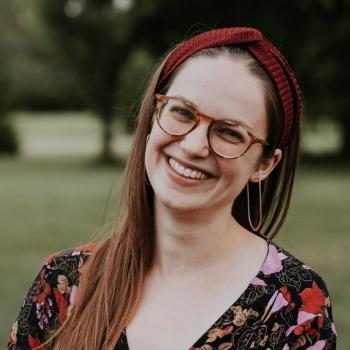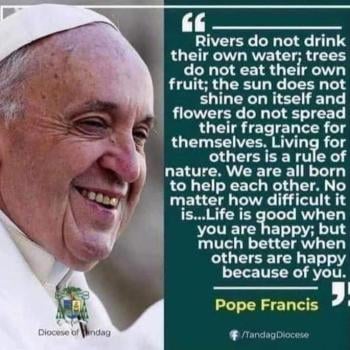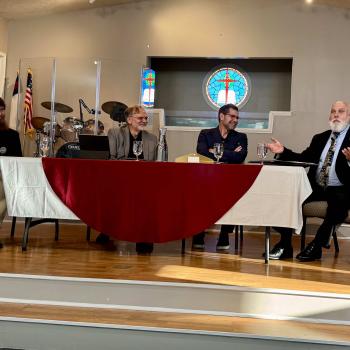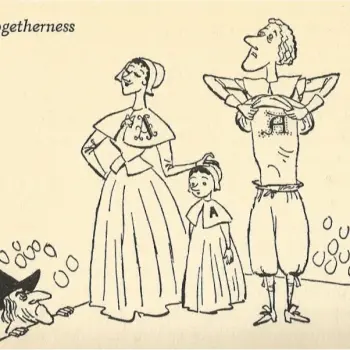It sounds like you're very passionate, Congressman. There's a saying of the Prophet Muhammad (peace be upon him) and his Companions recommending one to not try to seek leadership or positions of power. Usually, people running for Congress or the Presidency have to run on the ticket of convincing people to vote for them. So, what inspired you to run, to take this leap, to be a trailblazer knowing you're a Black man and a Muslim running for Congress?
Well, you know, part of my involvement in politics is really rooted in my desire to try to promote unity among people, trying to promote unity with the Earth and creation, and trying to promote justice. That's really the origin of my activism. We are also, as Muslims, urged to engage in shura, consultation, with what the community should do. So, I think my involvement is just to sort of try to help them do what's best for the community and the world at large.
I do agree that ambitious pursuits of power acquisition are wrong. But, I'm not trying to accumulate power for my own sake. I'm trying to accumulate some power to improve the lot of all people and improve the common good. So, that's the origin of my activism. You know, I have a family that was involved in the Civil Rights Movement. My grandfather was organizing Black voters in the 1950s in rural Louisiana in a time that would seriously get you hung and it was dangerous to do it. My mother promoted that as well. It's something I've always been associated with, and it's a kind of thing I'll continue to do and urge more people to do. So, that's kind of where I'm coming from.
Can you talk about the spiritual and emotional transition of Keith Hakim [Ellison wrote columns in his law school paper as Keith Hakim in 1990] to modern day Keith Ellison?
The thing is the Muslim name my friends and community know me by is Keith Muhammad. And that name is still my name. It's still what I go by; it's still what my brothers call me. But, the thing is, from what's on my personal birth certificate, what I'm admitted to Bar in because I'm a lawyer -- the legal name is Ellison. So, I run by the name that is on my birth certificate. But, the truth is I do have a Muslim name, and I am known by my Muslim name by many of my fellow Muslims. So, there's really no transition.
But, let me also say that it's important to point out there are lot of people around the world who are Muslim who do not have names that are Arabic in nature. It's not unusual at all. It's nothing in the Quran, the Sunnah, or the hadith of Prophet Muhammad that says that if your name is a legitimate name, if it is not a bad name, if it isn't a name promoting something wicked or evil that you have to change it. I think the essence of Islam is not about a name or a form, or anything. It's about going beyond forms and going beyond names and getting to the essence of the fundamental and Divine unity that connects Allah with all of us -- and that Allah "is." So, it's really not about a name. It's really about what you do, how you behave, how you treat people, how you face adversity, and how you connect with the Divine.
You've traveled the world and you've been all over America. What's the greatest misconception and question about Islam directed toward you? And, how do you respond in either defending your faith or affirming your faith?
The greatest misconception of Islam is that it is a religion of violence. That's a very incorrect position, and I have to constantly help people understand that even though you have Muslims who may do things that are violent, it does not make Islam a violent religion. I have to tell people that Christianity and Judaism have many, many examples of people committing atrocious acts in the name of their religion but we should not judge the religion by those individuals. I have to point out on so many occasions Prophet Muhammad was attacked, abused, mistreated, and yet, he always responded with patience, often with non-violence. And when he did have to resort to warfare it was strictly defensive and designed to preserve and protect life. Whenever he could try to work it out, he always did. So, I don't understand what some of our Muslim brothers today are thinking. Who did Muhammad ever bomb? What suicide mission did he ever order? There are no records of these things. So, that's a misconception that I continually have to clear up.
Everyone is interested in the "conversion story." What is it about Islam that inspired you to take that figurative and literal "leap" of faith?
It was really a lot about going to the masjid and seeing the Blacks, the Whites, the Latinos, the Asians, the Arabs all together -- all one. The unity among the people connected in an effort to walk as one and be in harmony with God's will. It was this unity I thought was so important. It was rational. It made sense to me. It has done a tremendous amount to help me negotiate life -- quite frankly.




